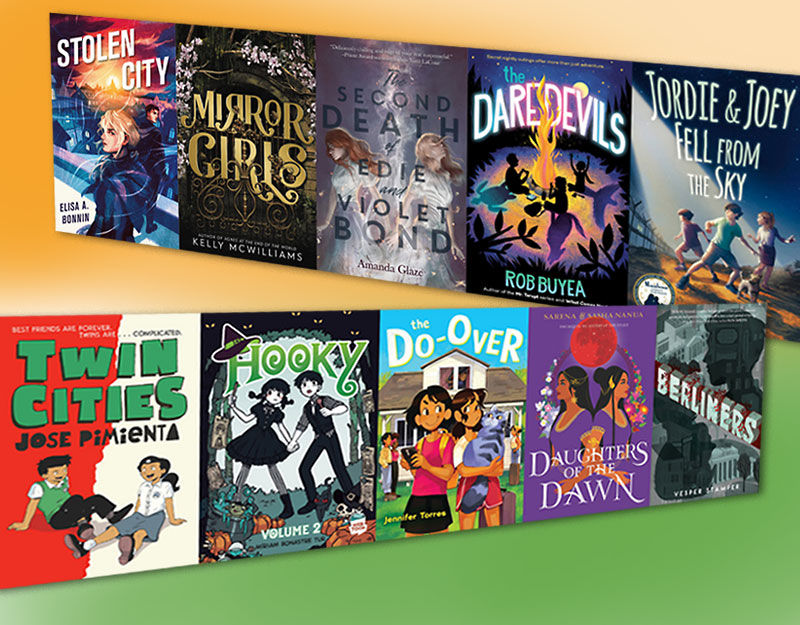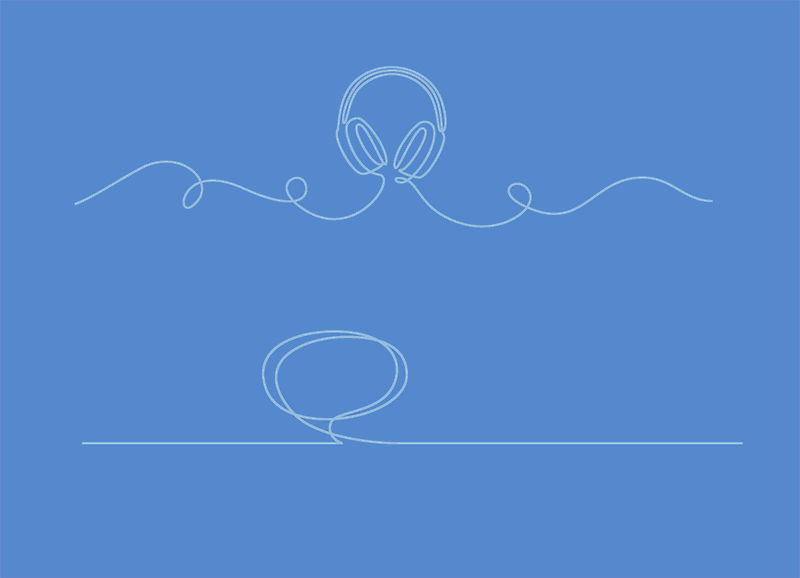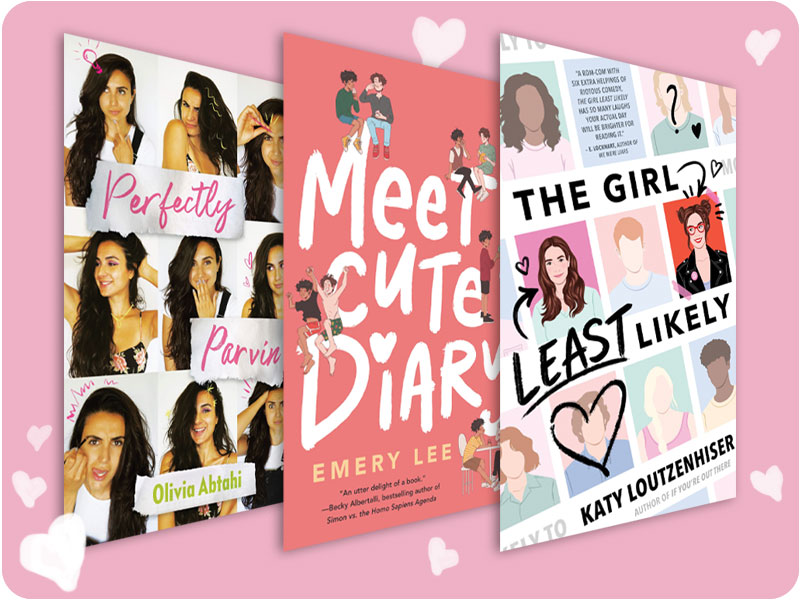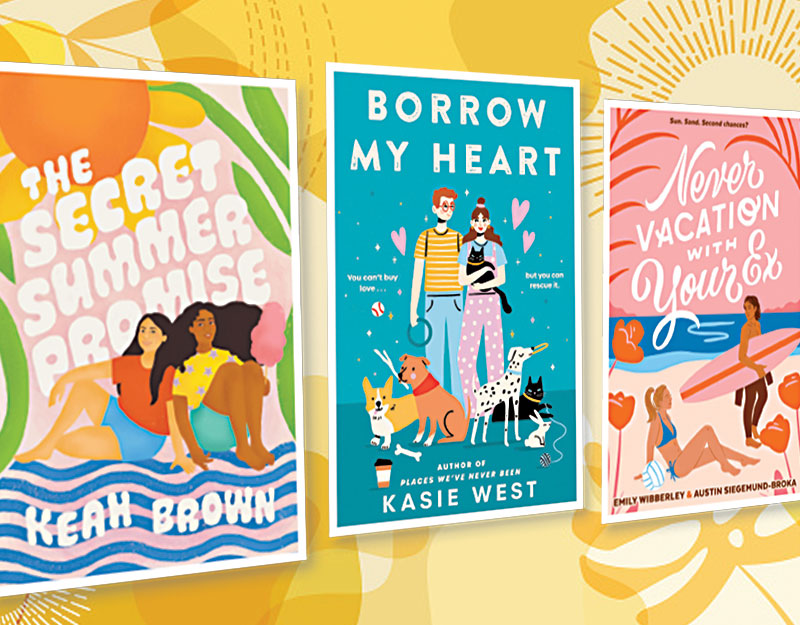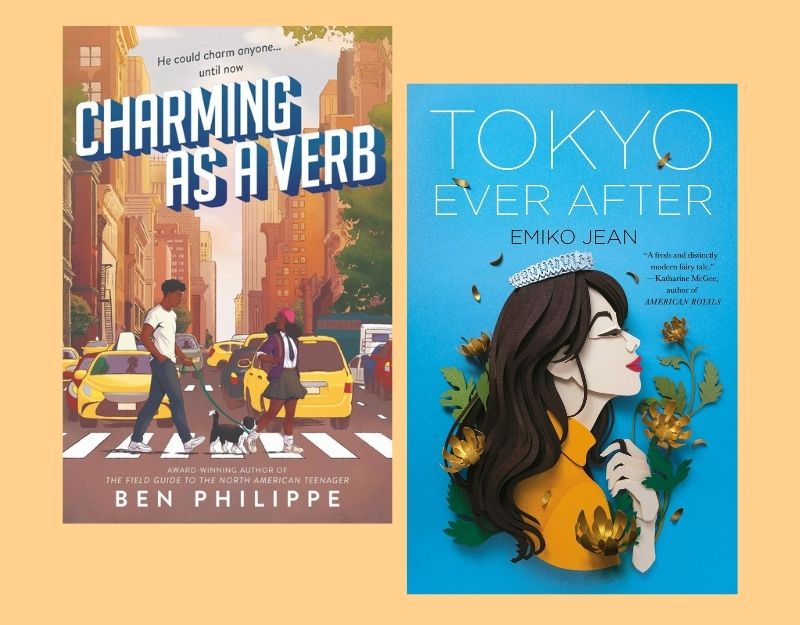Sunday Reflections: Yes, I Talk to My Teenager About Sex (Sexual Assault Awareness Month)
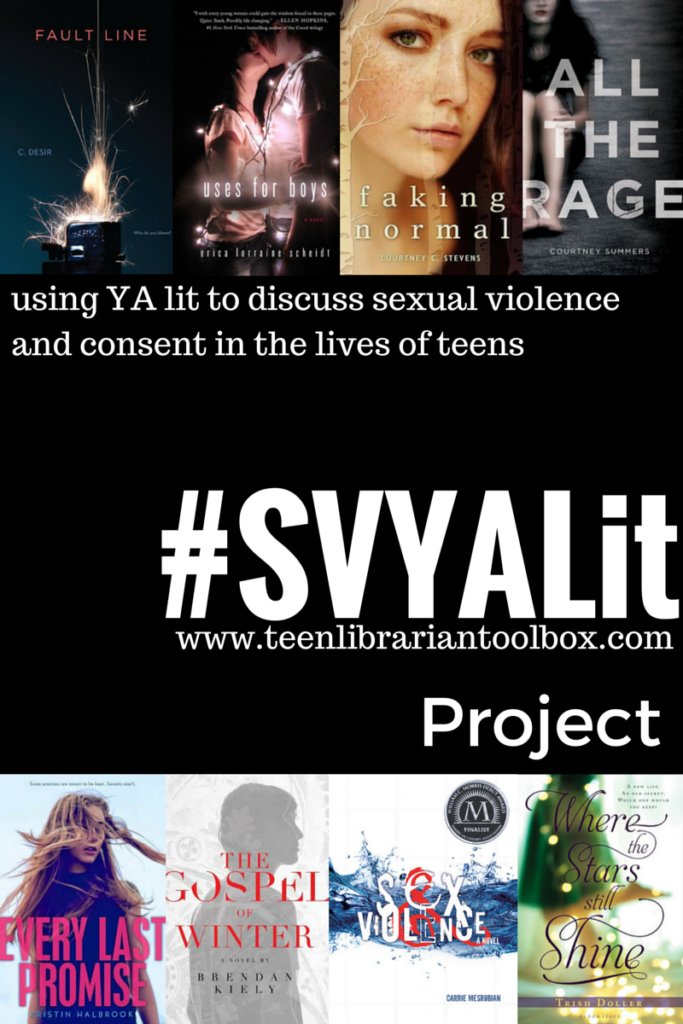
“Does it hurt the first time you have sex?,” she asked me.
I wasn’t so much surprised by the question, but by the where and when of the asking of it. We were in a park. With my mother. But my mother didn’t flinch and neither did I.
“I think for some people it does and for some it doesn’t.”
And then the conversation just naturally drifted off into other topics.
I even think I know where the question came from. You see, I wrote a short story about the first time that I had sex in a book that just came out called The V Word, edited by Amber Keyser. A copy of the book came in the mail and she saw it. I told her why I chose to share my story in the collection – mainly because I wanted there to be a story that showed someone choosing to wait until their wedding night. I also told her that I didn’t think she was ready to read the book yet and that I wasn’t sure if I would ever be ready for her to read my story. No one wants to think about their parents having sex.
ADVERTISEMENT
ADVERTISEMENT
*****
A couple of years ago, I had the honor of meeting and talking with Laurie Halse Anderson, the author of Speak. Speak is perhaps one of the seminal books written about sexual violence in the lives of teens. At the time, she was working with RAINN to help promote Sexual Violence Awareness. We talked about parenting and talking with our children about sex. “The key is,” she said, “that whenever they ask a question you should answer it honestly. You want to keep a dialogue open so that they will come to you.”
I talk to my daughter about sex because I know that she is curious about sex at her age and I want to keep the dialogue open. I want to make sure she is getting the correct information. I want her to be very clear about what a healthy relationship looks and feels like, what consent is and isn’t, and that she always has a right to say no.
This is not always easy for me. I became a Christian my senior year of High School and I attended a conservative Christian college. In fact, I was attending said college at the age of 22 when I married her father. Conservative Christian women tend not to talk about sex unless it is in the midst of a women’s bible study where they tell you that you have to have sex with your husband all the time no matter what to keep him happy. In fact, you will often be asked to take a 30 day challenge where you are told that you have to submit to your husband sexually every day for 30 days NO MATTER WHAT YOU WANT and see how blissfully magical it will make your marriage.
I didn’t have friends I could ask questions of. We didn’t share stories. And the church itself is a little fuzzy about mutual consent and sexual satisfaction. So talking with my teenager isn’t always easy, I’ve been programmed to hide my questions and think of sex from a male desire point of view exclusively. But I do, in fact, talk about it when she asks. Because I want her to know that her questions are normal, sex is not shameful, and you have a right to say no and when you do finally have sex, you also have a right for your needs and desires to be met as well as your partner’s. A healthy relationship is about mutual consent and pleasure.
****
Part of what helped me learn all of this has been my experience working with the #SVYALit Project with fabulous people like Christa Desir, Carrie Mesrobian and Trish Doller. I’ve learned a lot about consent, teaching consent to kids, and the importance of education in the lives of kids and teens. I’ve also learned a lot about communicating in ways that keep conversations open. As I said, I want my daughter to keep talking to me if she feels she wants to talk about something.
These days, I talk to Carrie and Christa. When I have a question, I go to them. And for the first time in my life, I have female friends that I can talk about sex and sexual desire and sexualization and the sexual messages our culture sends and it’s so incredibly liberating. When everyone was reading 50 Shades of Grey and talking about things I had no context for, I asked and they answered, which was nice because I really feared what would happen if I Googled some of those things. And that’s what I want, to keep my daughter from feeling like her only option is to Google and to be introduced to things she is either not ready for or may be outright toxic. There’s a lot of crap out there on the Internet, I don’t want that being my daughter’s sex ed teacher.
****
Working on the #SVYALit Project, a couple of repeated statistics come to mind. One, the average age that a kid first sees pornography is 10. And two, the average age that a teen loses their virginity is age 17. Whatever I may want as a parent, I can’t escape the fact that children are being exposed to information, usually through their peers. I want to be a primary factor in shaping my child’s sexual values, so yes, we talk about sex. I have made sure that she understands the simple biology of it, but we also talk about the emotional experience of it. We talk about our culture. We talk about our faith. And I try to always be honest and age appropriate.
We also read a lot of YA literature. I happen to have an advantage because I also read a lot of YA literature. She recently came home from school, having checked out The Sisterhood of the Traveling Pants at her school library. She read it, and because I have also already read it, I ask questions. What did you think of the book? What characters did you like? What do you think about Bree’s story?
Because of the relationship we have, she will often read a book that I suggest to her. For example, if I really love a book and think she will love it, she will read it. If she doesn’t like it, she knows that she has permission to stop reading it. We’re big believers in not laboring over a book you hate in this house because I don’t want reading to be a chore or an argument, I want it to be something she continues to choose to do because she enjoys it. But as much as she loves it, I also recognize that it is a useful tool for me as a parent.
ADVERTISEMENT
ADVERTISEMENT
The first YA book she ever read was When My Heart was Wicked. It was a book she read that I had not yet read yet and it contained a scene of sexual violence. She was sitting next to me in the car when she said, “I think . . . I think this boy is raping this girl.” And then she started reading the scene out loud to me. “Yes,” I said, “that is what’s happening. Are you okay?”
“Do I have to keep reading this?”, she asked. And the answer was of course no. But she did finish the book and we talked about it. My take away from this story has always been this: Because we talk about consent and sexual violence, she recognized that what was happening in her book was sexual violence. Then she questioned whether or not she was ready for the scene, she thought about her media consumption. And then, after choosing of her own free will to finish the book, we talked about what had happened and what it meant and how she felt about it. None of this conversation would have happened if she hadn’t read that book. And that conversation helped form who she is as a person and what she wants out of relationships in the future. That book and that conversation is just one of the many building blocks of who she is, what she thinks, what she values, and what kind of life she will demand for herself now and in the future. And because I talked about that book with her and she with me, I got to help put that building block into place in healthy ways.
It’s a far cry from when I snuck a copy of Flowers in the Attic at the age of 12 and tried to process it on my own. That is some messed up stuff right there and it would have been nice to have a trusted, respected adult just simply say no this is not healthy and here are the reasons why.
And I think those are our choices as parents: we can put up walls and barriers and make it clear to our kids that this topic is too shameful or taboo, forcing them to seek answers elsewhere. Or we can keep the conversation open and let our kids know that they can come to us for answers and in keeping ourselves as part of the dialogue we get to help shape our children’s sexual values. The questions are going to be there whether we want to admit that or not, but how and what answers they find are critical. It’s a chance I’m not willing to take because the conversation is too uncomfortable for me. Parenting is hard, and this conversation is hard, but the answers matter so very much and I want them to come from me, not some stranger or boy who doesn’t know my daughter and doesn’t have her best interest at heart. It’s perhaps one of the most important questions my daughter will ever ask me.
For more information, check out the #SVYALit Project or hear Christa Desir speak about this topic at NPR.
Filed under: #SVYALit, #SVYALit Project
About Karen Jensen, MLS
Karen Jensen has been a Teen Services Librarian for almost 30 years. She created TLT in 2011 and is the co-editor of The Whole Library Handbook: Teen Services with Heather Booth (ALA Editions, 2014).
ADVERTISEMENT
ADVERTISEMENT
SLJ Blog Network
2024 Books from Pura Belpré Winners
Passover Postings! Chris Baron, Joshua S. Levy, and Naomi Milliner Discuss On All Other Nights
Winnie-The-Pooh | Review
Parsing Religion in Public Schools
ADVERTISEMENT



